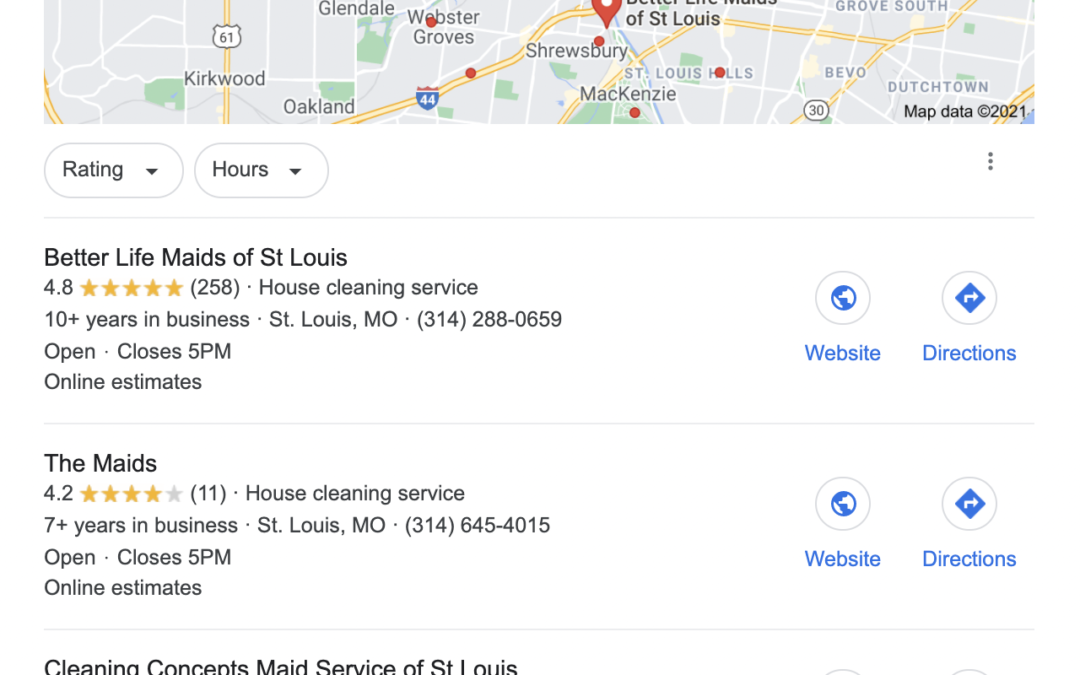SEO isn’t dead and won’t be until the day that search engines can no longer drive significant traffic to websites.
Despite Google’s constantly-changing search algorithms and what they’re focusing on each time it changes, some basics of Search Engine Optimization (SEO) remain constant.
First, let’s break down the term Search Engine Optimization:
- Search Engine – the most common are Google, Bing, and Yahoo, with some older ones still around too. These are systems that take the words your customer types into the search bar, send out fingers to all corners of the WWW universe, and return a list of results based on how well you’ve done the next step
- Optimization – to optimize anything is to use every possible feature to its fullest extent with the expectation that doing so will earn you better results.
[EasyDNNnewsToken:Left Justify Embed 300 x 250]To optimize your position in search engine results (the result of SEO), these seven connections haven’t changed and aren’t likely to, so you can justify spending some hard time getting them up to snuff:
- Keyword Research – Alexa.com and PageRank are great resources for learning what search terms are getting customers to your website
- Addressing Technical Issues Like:
- Duplicate Content
- URL Structure
- Flash/AJAX/JavaScript
- Schema.org Markup
- XML Sitemaps
- Internal Link Structure Alignment – make sure each page on your website is linked to the rest of your site – somewhere; it may feel redundant, but a page with no links – even to other pages on the same website – comes up as weak in searches.
- On Page Optimization of HTML Pages – what’s on your page is critical, and crafting copy that works with (not against) your SEO is critical.
- Video and Image Optimization – make sure video and pictures aren’t slowing down your website; when a page takes more than a few seconds to load, a visitor won’t stay – because they think it isn’t working.
- Ongoing Performance Analysis – keep up with your Google Analytics and Adwords results; refresh and revise them frequently, even if you have a marketing firm looking after them for you
- Digital Marketing Channel Integration – when you add a digital tool to your marketing arsenal, make sure you can track it – at least with tool-specific metrics but ideally by connecting to your Google Analytics for richer measurement
- Link Building & Content Marketing – general rule of thumb is that you want new content – real content – on your website every day; that’s what keeps the search algorithms coming back to your site. Beyond that continually networking with other sites and giving them a good reason to put a link to your site onto theirs is an essential piece of content marketing.
Read the full article at SearchEngineWatch.






